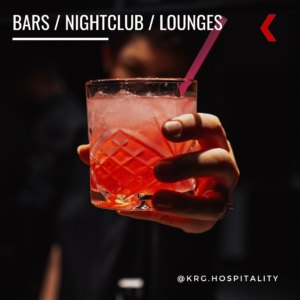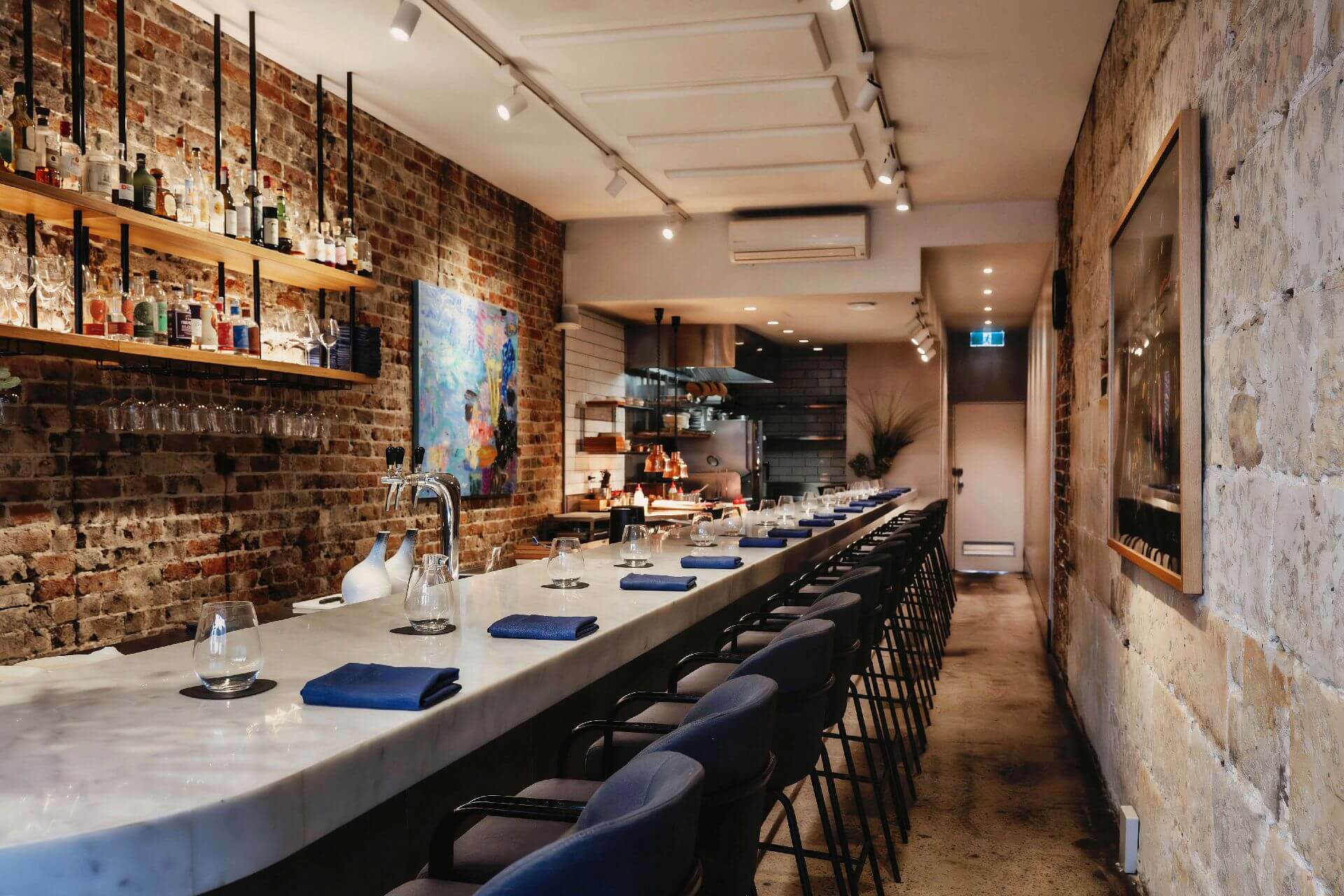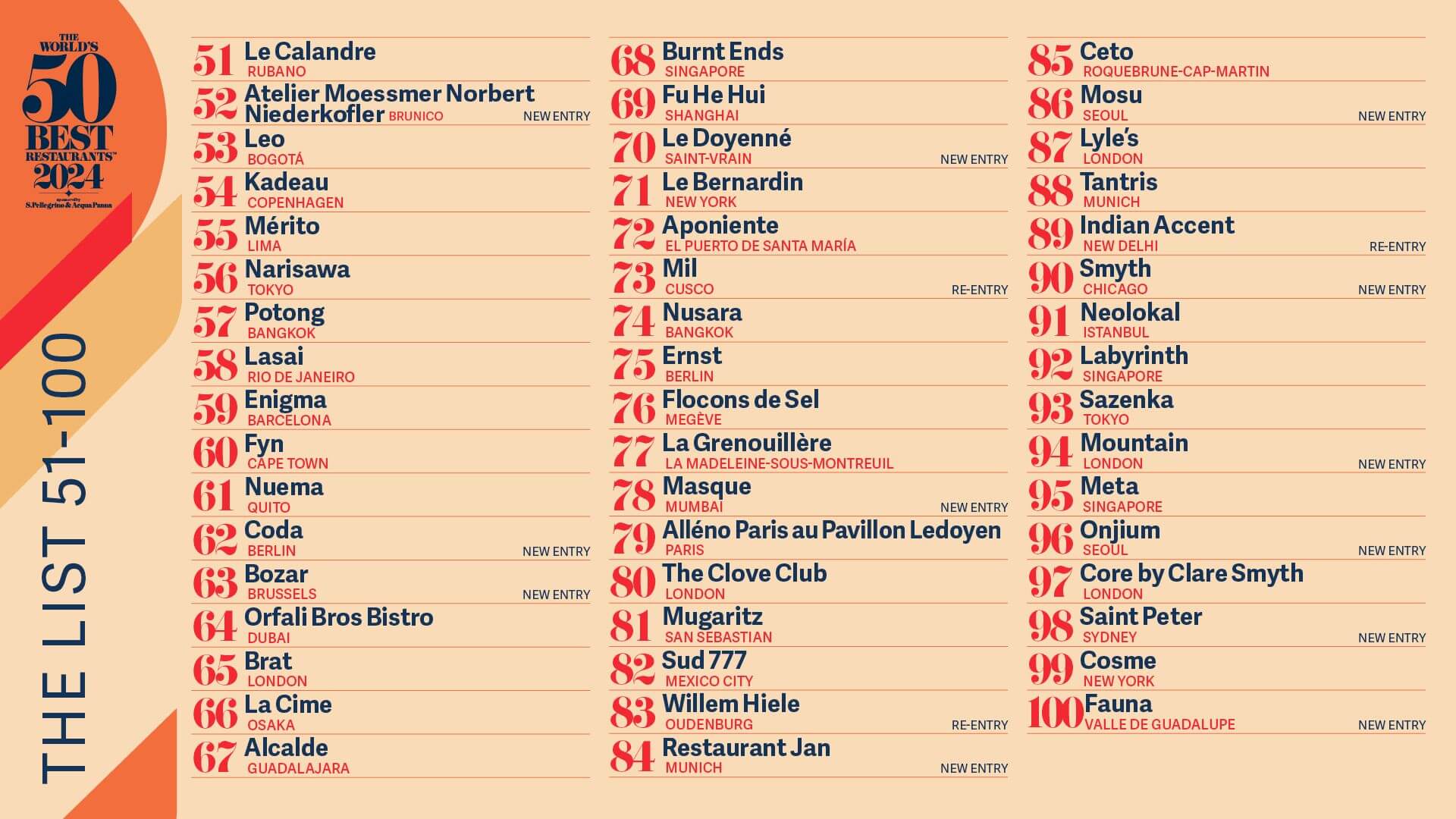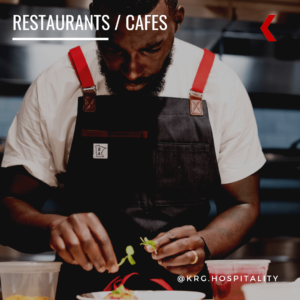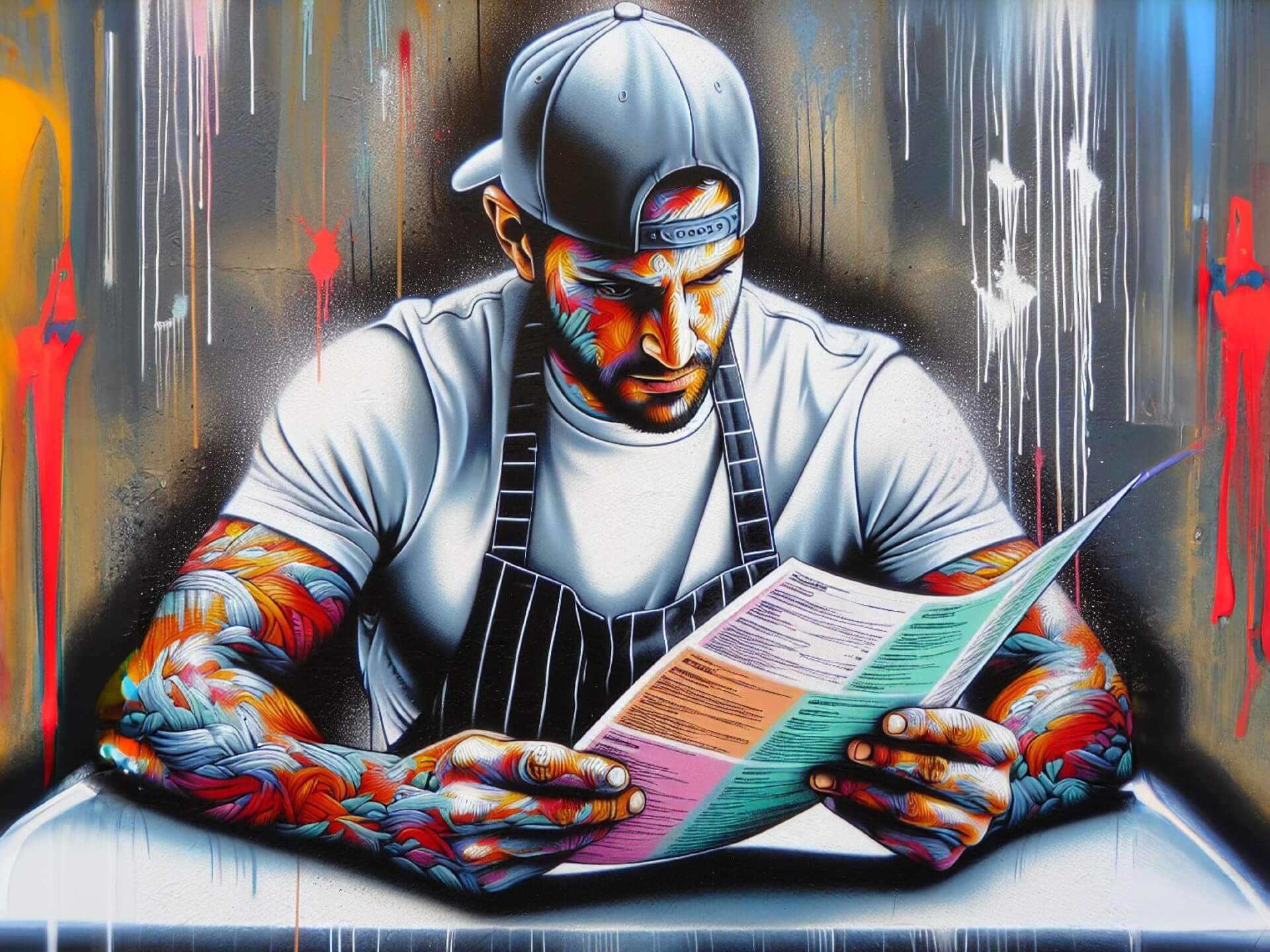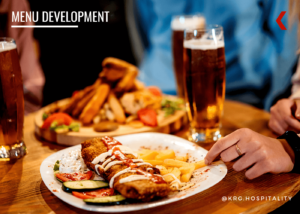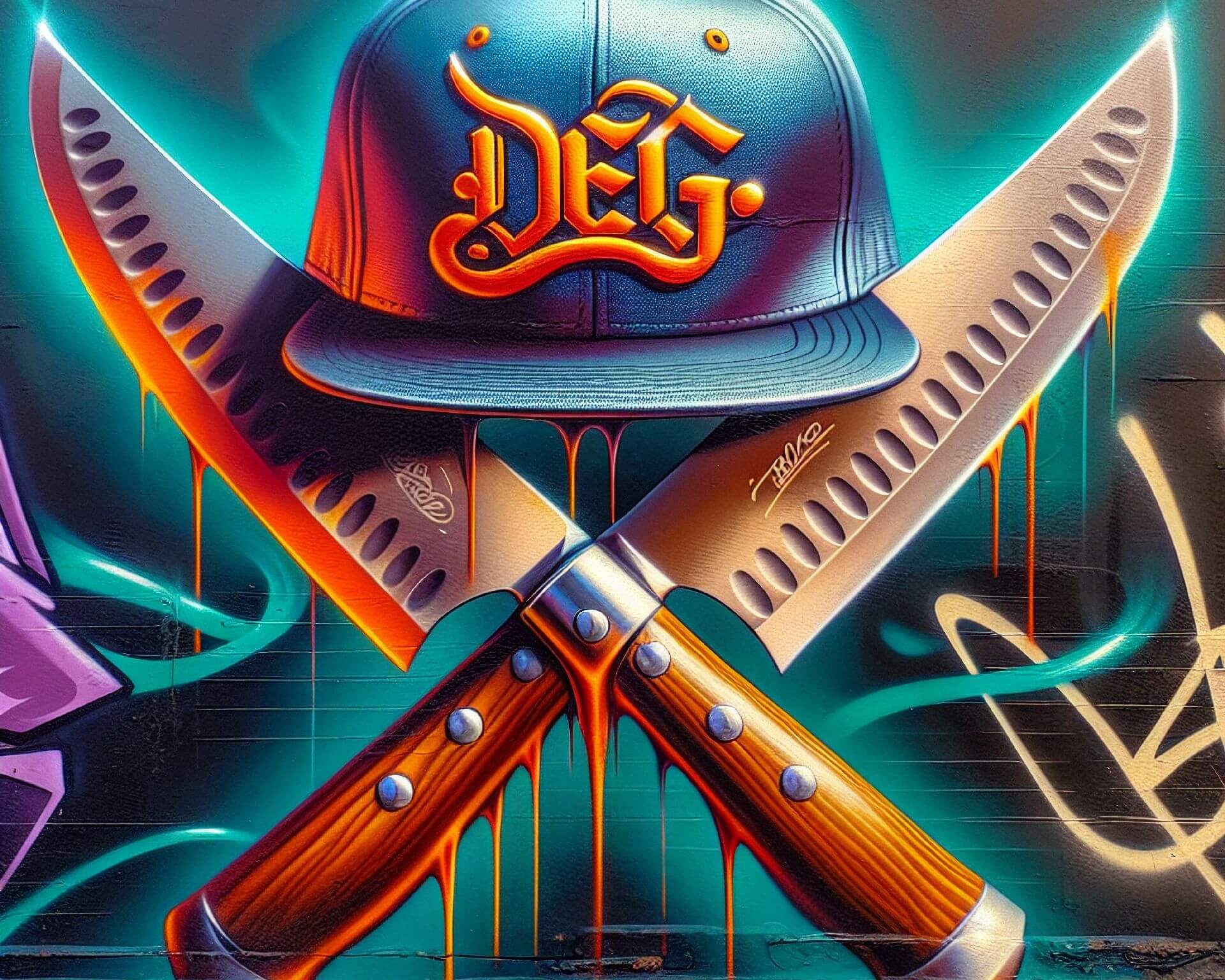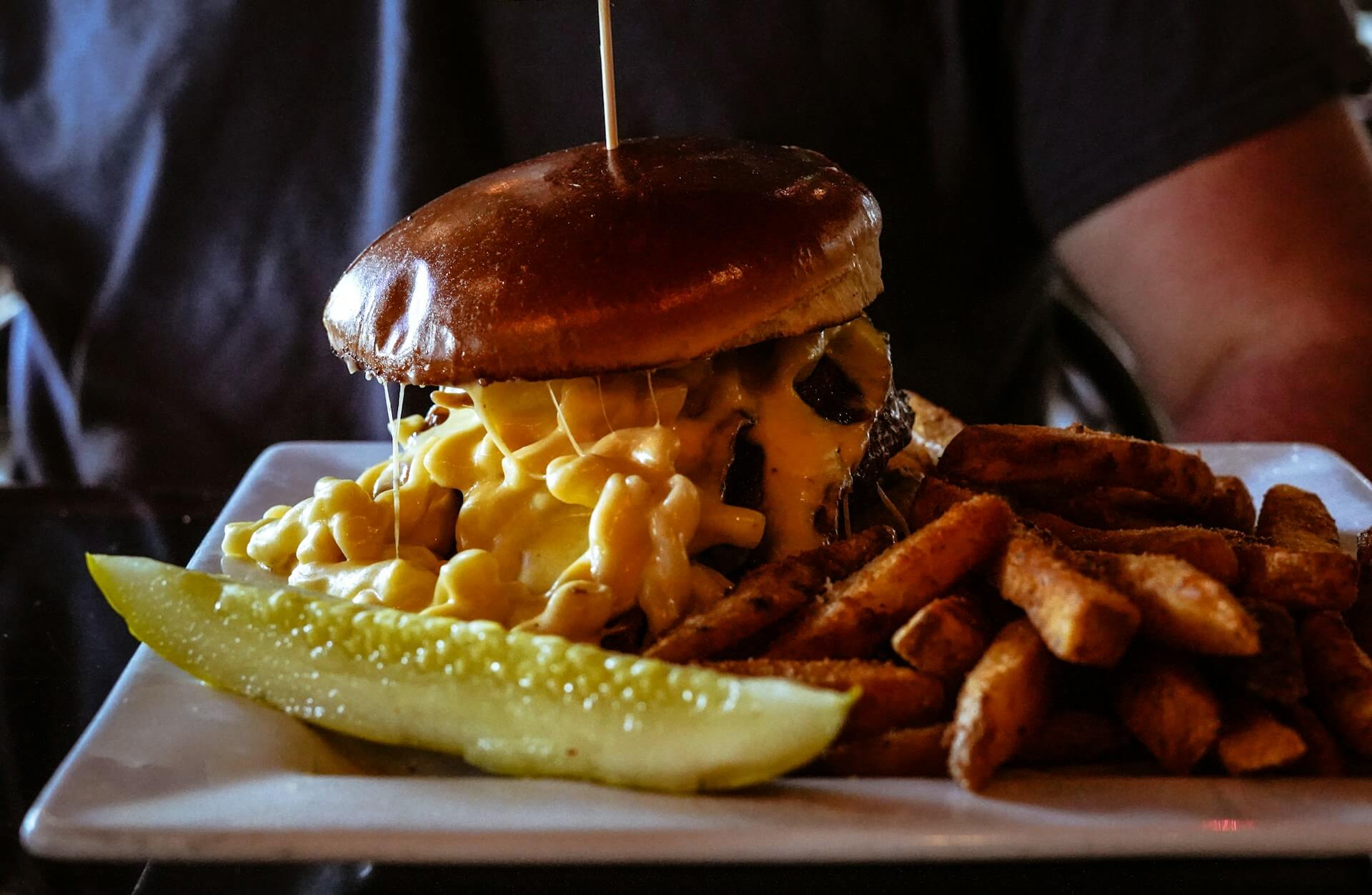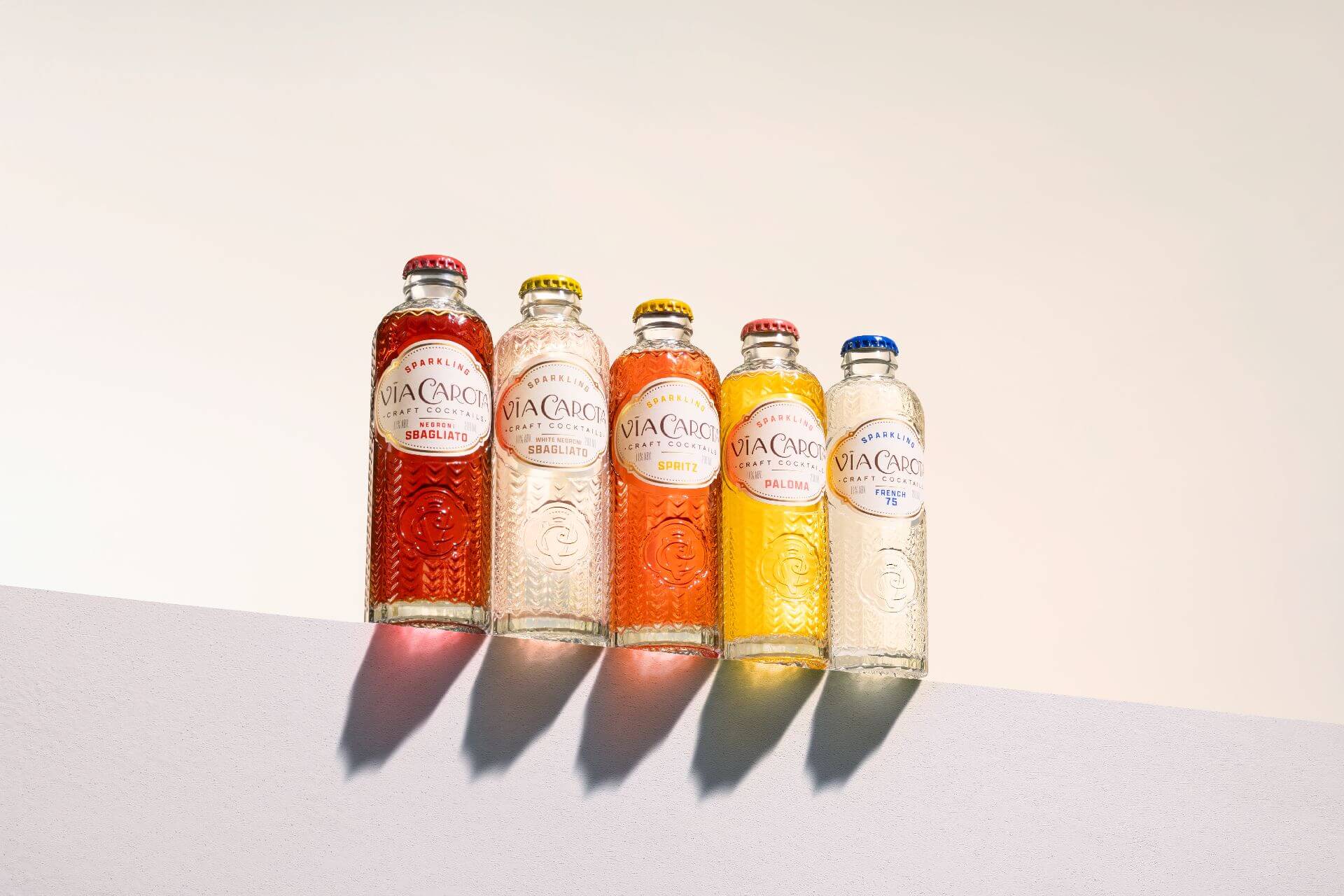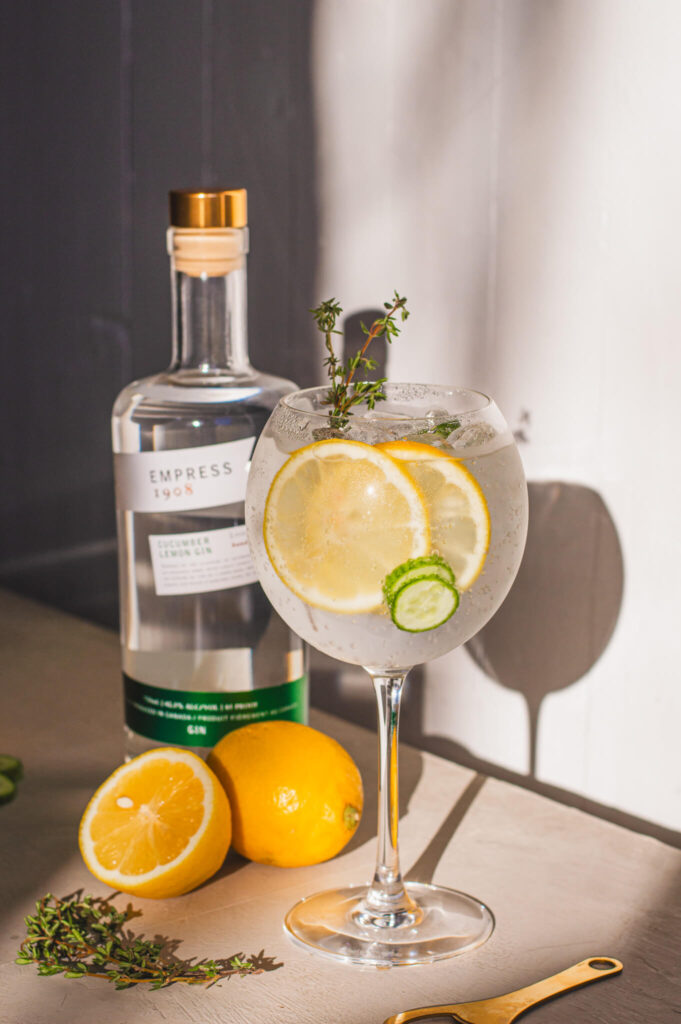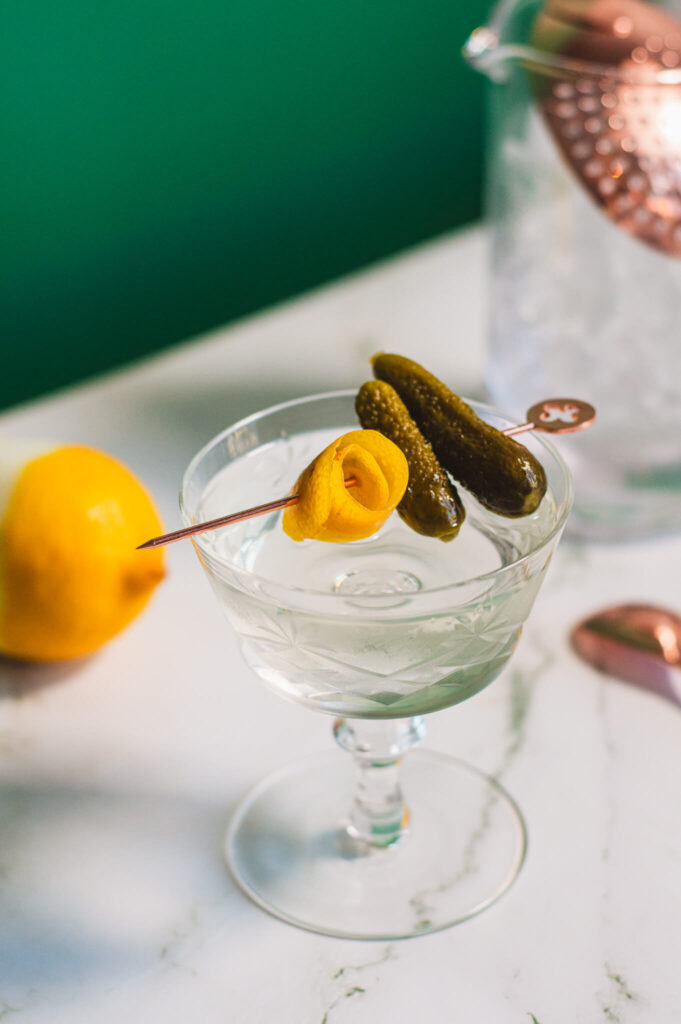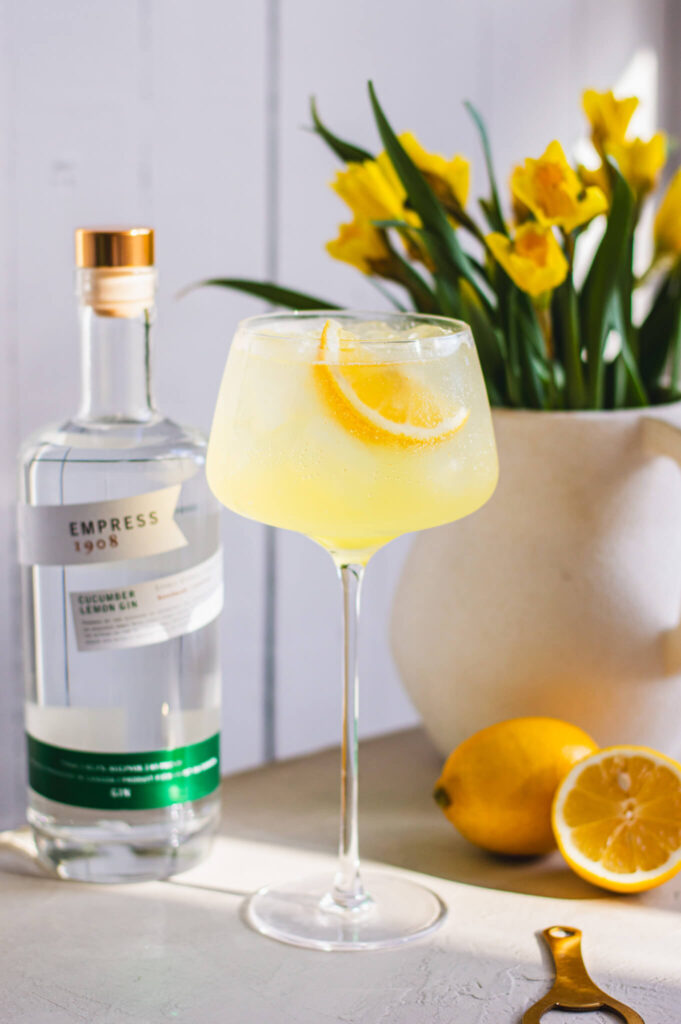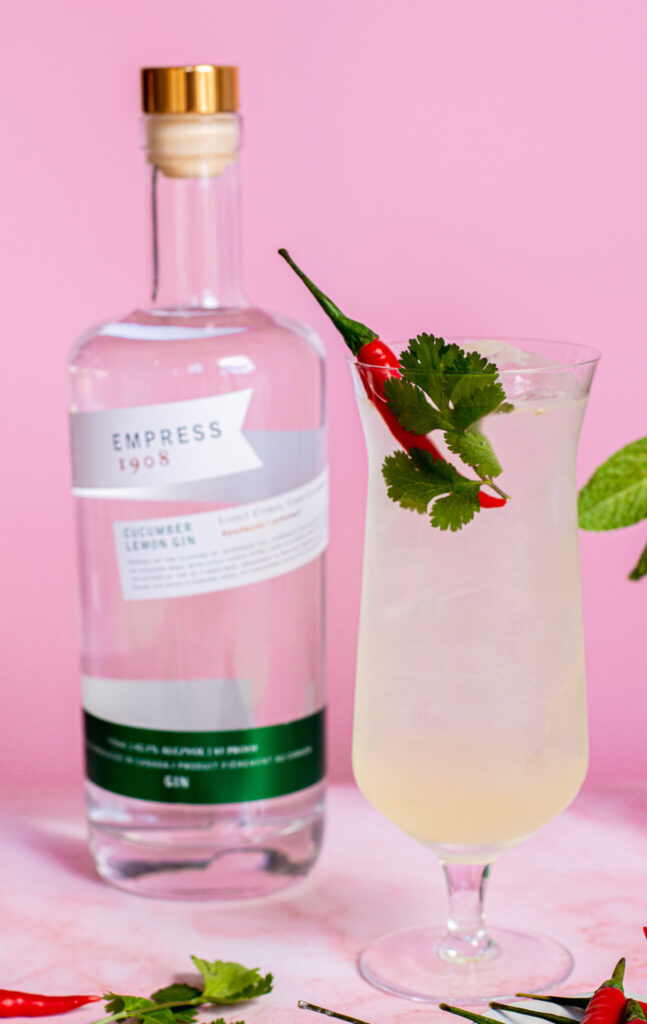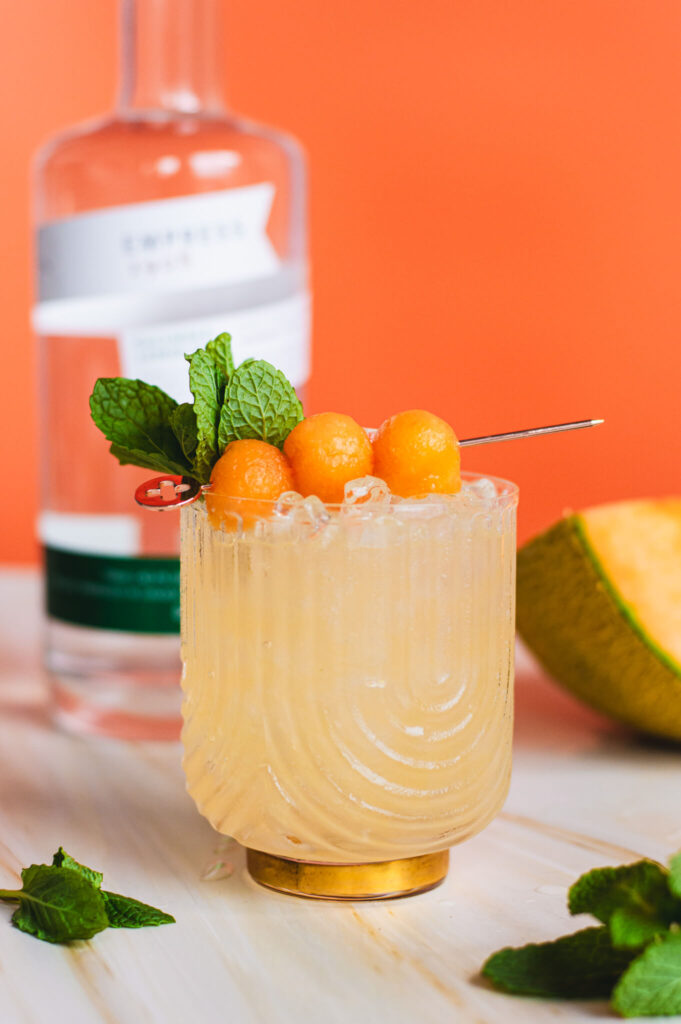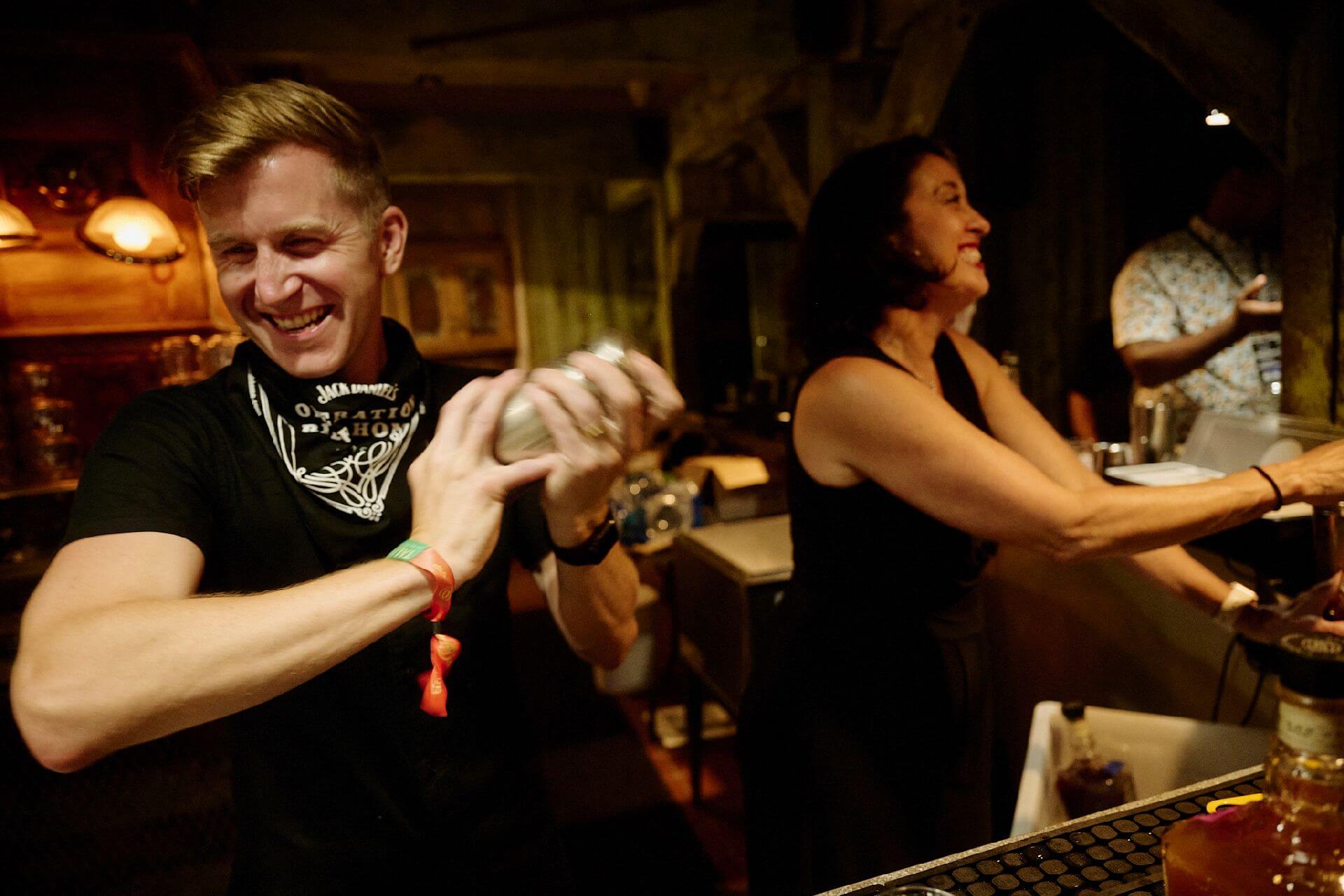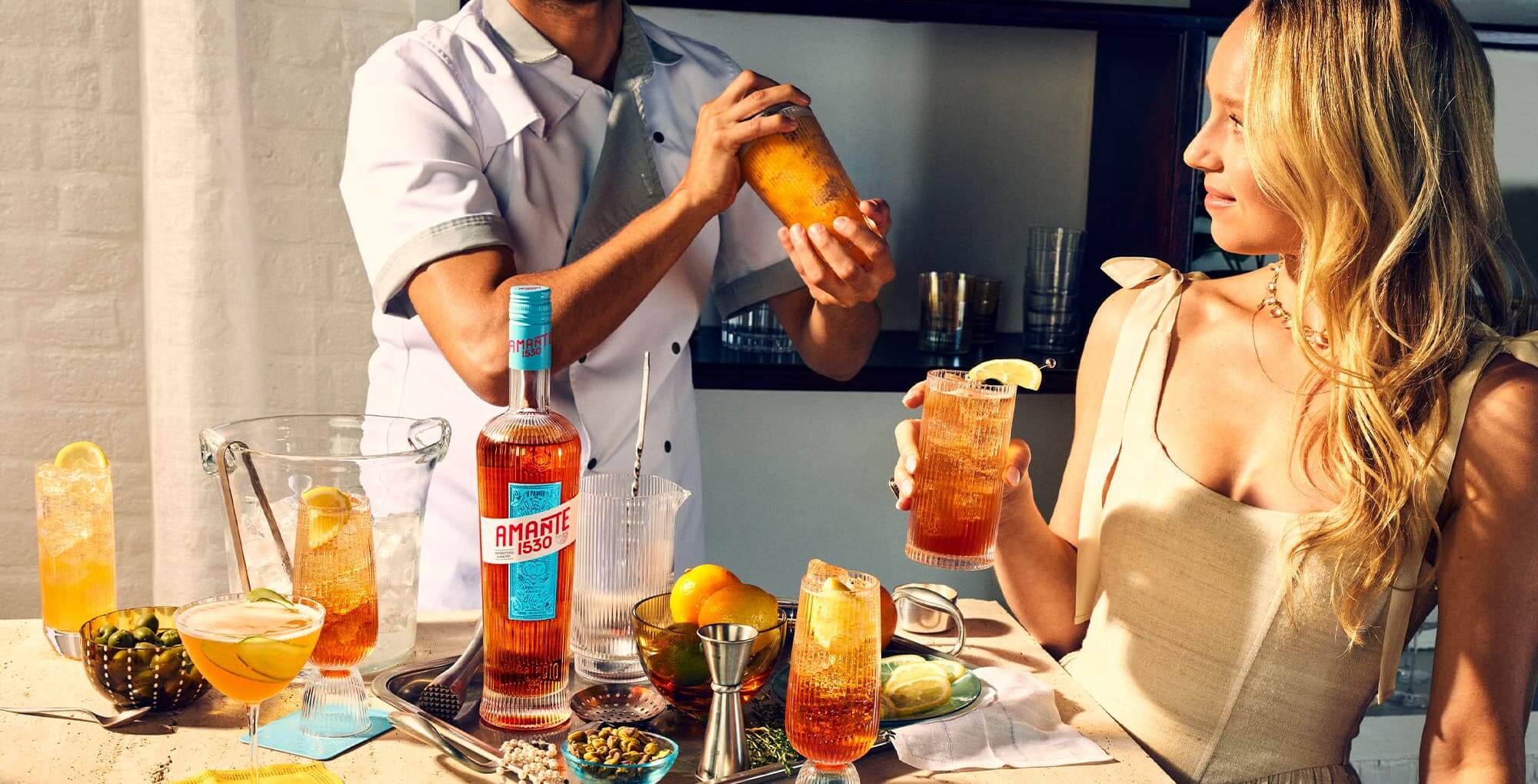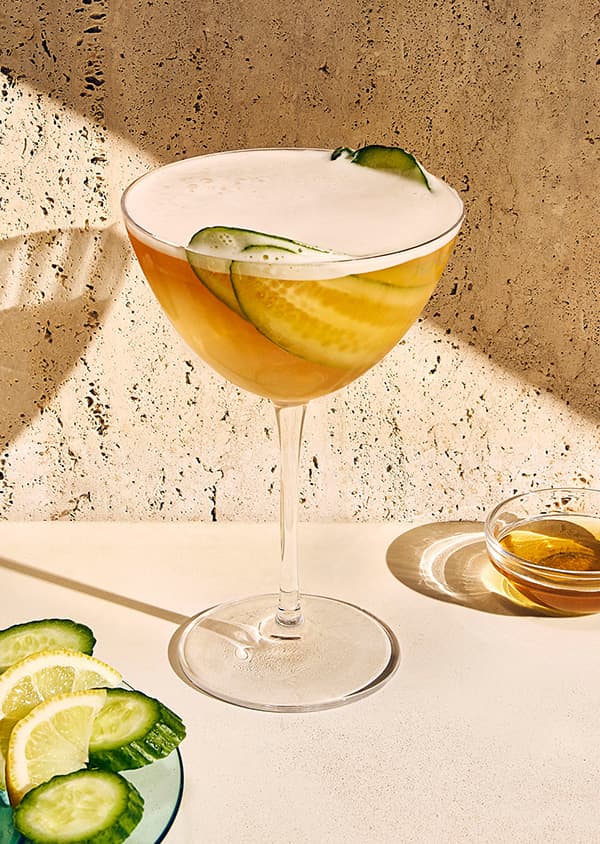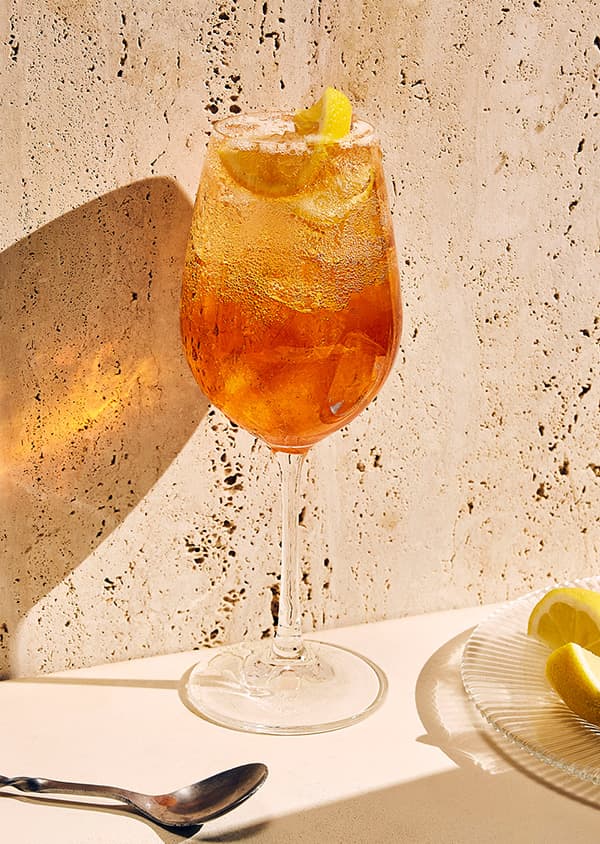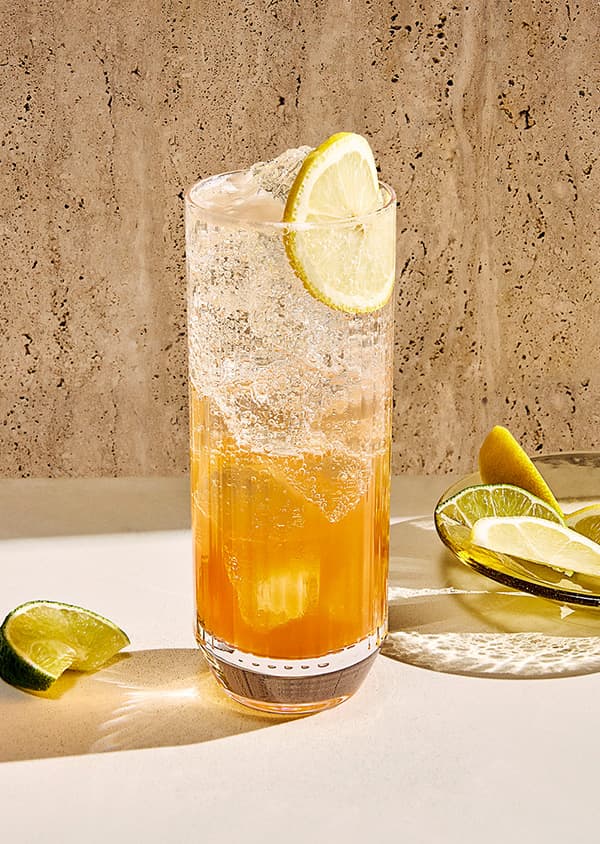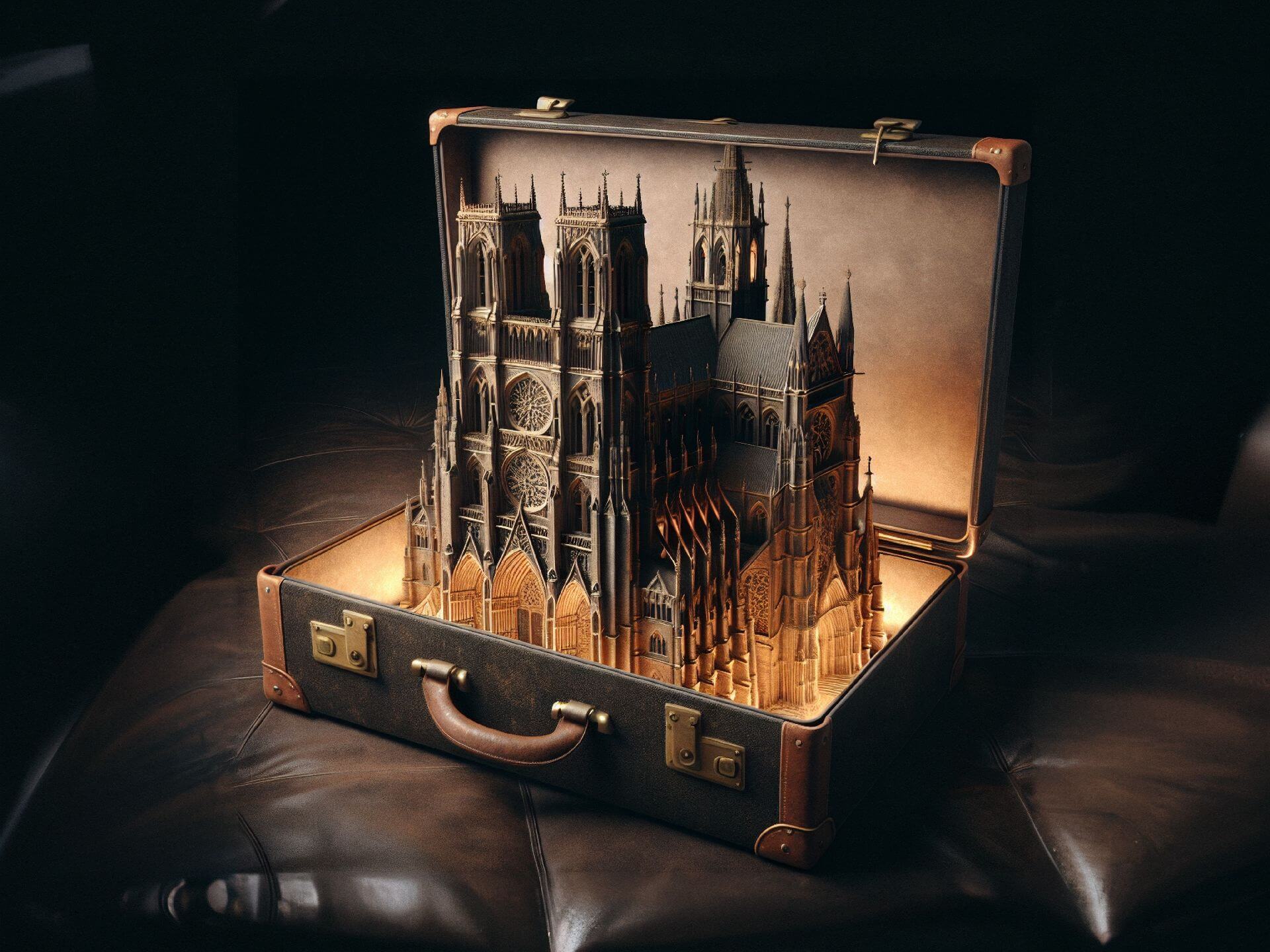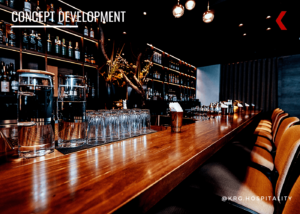The 2024 Spirited Awards: Top 10 Nominees
by David Klemt
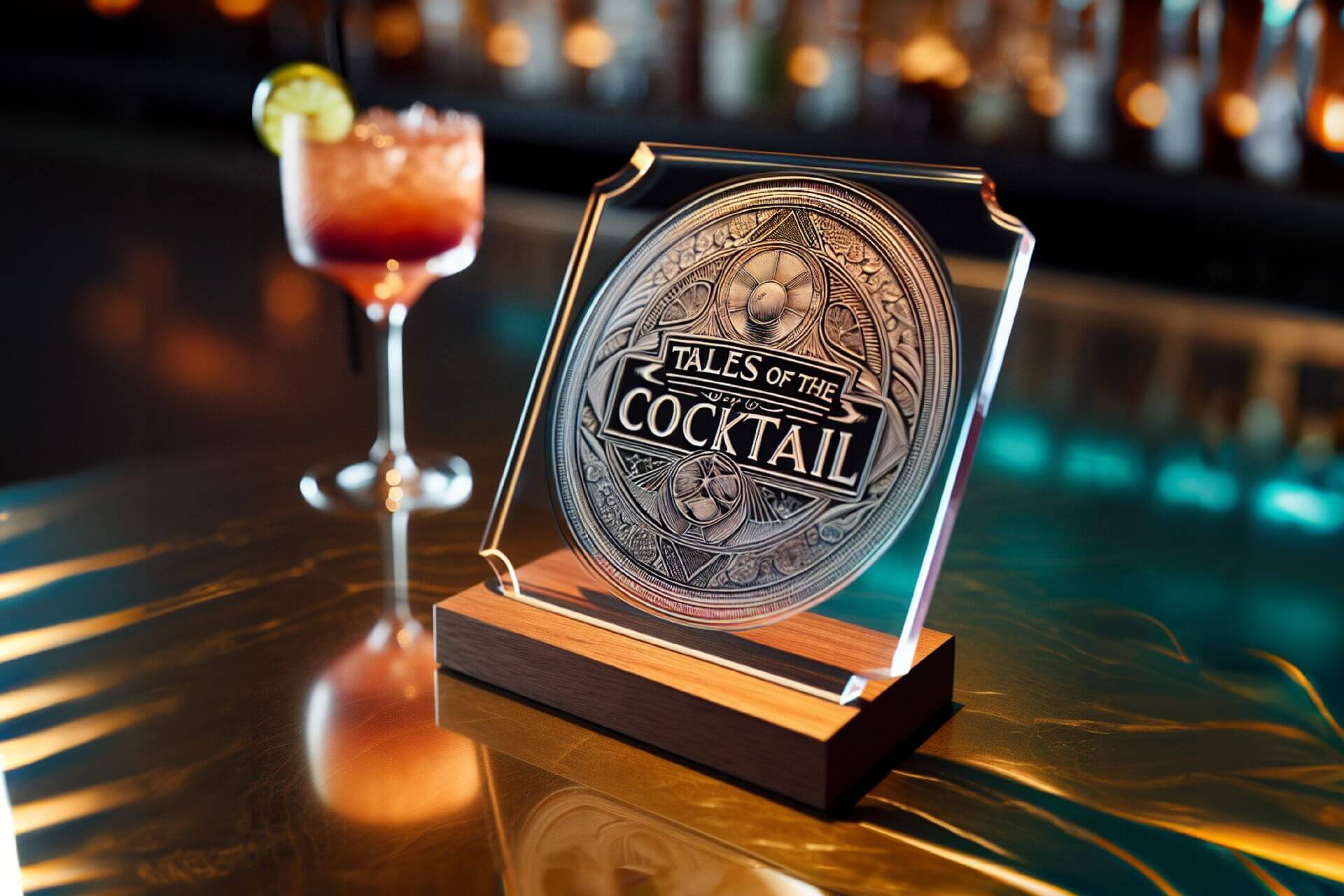
This is what Shutterstock’s AI thinks a Spirited Award looks like. Close? I guess? Hmm…
Just a month after unveiling their top-ten regional honorees, Tales of the Cocktail Foundation reveals the top-ten nominees for each Spirited Award category.
That’s an impressively quick turnaround for such a monumental task.
So, let’s raise a glass (low-, full-, or zero-proof) to the judges and TOTCF for whittling down each award to just ten nominees.
My Vegas Bias is Showing…
As usual, I’m going to show my bias a bit here. Just two nominees represent Las Vegas, but they’re both incredible.
Nectaly Mendoza is up for Best US Bar Mentor, and his concept Cleaver is a top-ten nominee for Best US Restaurant Bar.
I cut began my hospitality journey in and around Chicago, so cheers to three Windy City bars who have made it to this round of the Spirited Awards.
Best Intentions is still in for Best US Bar Team and Best US Cocktail Bar. Milk Room at the Chicago Athletic Hotel is a top-ten nominee for Best US Hotel Bar, and Kumiko is up against Cleaver and eight other amazing venues for Best US Restaurant Bar.
…But so is My Canadian Bias!
Of course, I also have a “wee bit” of bias when it comes to Canada, given that KRG Hospitality was founded and is headquartered in America’s neighbor to the north. First, congratulations to Kate Boushel! She’s definitely getting the acknowledgement for her leadership and contributions that she deserves. Not only is the revered bartender and mentor a top-ten nominee for International Bartender of the Year, she’s the first Canadian to win the 2024 Altos Bartenders’ Bartender Award from North America’s 50 Best Bars.
There are also five Canadian venues in the running for a 2024 Spirited Award.
Atwater Cocktail Club, for which Boushel is the director of beverage and education, is a top-ten nominee for Best International Bar Team. Library Bar at the Fairmont Royal York is in for Best International Hotel Bar. Bar Kismet and Published on Main are both among the ten nominees for Best International Restaurant Bar. So, cheers to Halifax, Montréal, Toronto, and Vancouver.
Setting aside my bias for Vegas-based and Canadian bars, restaurants, and hotels now, congratulations to every nominee on the list below! Each team’s hard work and dedication has earned them the recognition they deserve. Cheers!
US Categories
US Bartender of the Year presented by Pernod Ricard
- Erika Flowers — Compère Lapin, New Orleans, LA
- Nicole Giampino — Platform 18/Century Grand, Phoenix, AZ
- McLain Hedges — Yacht Club, Denver, CO
- Christine Kim — Service Bar, Washington, D.C.
- Libby Lingua — Highball, Phoenix, AZ
- Caer Maiko Ferguson — Drinkwell, Austin, TX
- Kapri Robinson — Allegory, Washington, D.C.
- Isabel “Izzy” Tulloch — Milady’s, New York, NY
- Masa Urushido — Katana Kitten, New York, NY
- Takuma Watanabe — Martiny’s, New York, NY
Best US Bar Mentor presented Jameson Irish Whiskey
- Anu Apte
- Jason Asher
- Steva Casey
- Laura Cullen
- Touré Folkes
- Kate Gerwin
- Alex Jump
- Anne Louise Marquis
- Nectaly Mendoza
- Amanda Gunderson and Travis Nass
Best US Brand Ambassador presented Tales of the Cocktail Foundation
- Tad Carducci — Gruppo Montenegro
- Cameron George — Ardbeg
- A-K Hada — Bacardí Rums
- Benny Hurwitz — Campari American Whiskeys
- Stephen Kurpinsky — Mr Black Spirits
- Anna Mains — Monkey Shoulder
- Mary Palac — Campari Mexican Spirits
- Aleka Ross — Hotaling & Co
- Cesar Sandoval —Casa Lumbre Spirits
- Natasha Sofia — Mijenta Tequila
Best US Bar Team presented by William Grant & Sons
- Allegory at the Eaton Hotel — Washington, D.C.
- Best Intentions — Chicago, IL
- Century Grand — Phoenix, AZ
- Jewel of the South — New Orleans, LA
- Martiny’s — New York, NY
- Milady’s — New York, NY
- Nickel City — Austin, TX
- Pacific Cocktail Haven — San Francisco, CA
- Service Bar — Washington, D.C.
- Yacht Club — Denver, CO
Best US Cocktail Bar presented by Del Maguey Mezcal
- Bar Goto — New York, NY
- Best Intentions — Chicago, IL
- Double Chicken Please — New York, NY
- Happy Accidents — Albuquerque, NM
- Martiny’s — New York, NY
- Overstory — New York, NY
- Service Bar — Washington, D.C.
- Thunderbolt — Los Angeles, CA
- Trick Dog — San Francisco, CA
- Yacht Club — Denver, CO
Best US Hotel Bar presented by Grey Goose
- Allegory at the Eaton Hotel — Washington, D.C.
- Champagne Bar at the Four Seasons Surf Club — Miami, FL
- Chandelier Bar at the Four Seasons New Orleans — New Orleans, LA
- Dear Irving on Hudson at the Aliz Hotel — New York, NY
- Little Rituals at the Residence Inn/Courtyard by Marriott — Phoenix, AZ
- Milk Room at the Chicago Athletic Hotel — Chicago, IL
- Nubeluz at The Ritz-Carlton New York, NoMad — New York, NY
- Pacific Standard at the KEX Portland — Portland, OR
- Raines Law Room at the William — New York, NY
- The Sazerac Bar at The Roosevelt New Orleans — New Orleans, LA
Best US Restaurant Bar presented by Tales of the Cocktail Foundation
- Accomplice Bar — Los Angeles, CA
- Amazonia — Washington D.C.
- Bresca — Washington, DC
- Cleaver – Butchered Meats, Seafood & Classic Cocktails — Las Vegas, NV
- Crown Shy — New York, NY
- Gramercy Tavern — New York, NY
- Grey Ghost — Detroit, MI
- Jaguar Sun — Miami, FL
- Kumiko — Chicago, IL
- Palomar — Portland, OR
Best New US Cocktail Bar presented by Diageo Bar Academy
- Cobra — Columbus, OH
- Equal Measure — Boston, MA
- FYPM — Phoenix, AZ
- Jolie — New Orleans, LA
- Medium Cool Cocktail Lounge — Miami Beach, FL
- Murray’s Tavern — Austin, TX
- Paradise Lost — New York, NY
- Pretty Decent — Louisville, KY
- Superbueno — New York, NY
- Wild Child — Kansas City, MO
International Categories
International Bartender of the Year presented by Tales of the Cocktail Foundation
- Lorenzo Antinori — Bar Leone, Hong Kong, China
- Gina Barbachano — Hanky Panky, Mexico City, Mexico
- Kate Boushel — Atwater Cocktail Club, Milky Way Cocktail Bar, Bon Délire, Montreal, QC, Canada
- Giulia Cuccurullo — Artesian, The Langham, London
- Aaron Diaz — Carnaval, Lima, Peru
- Uno Jang — Jigger & Pony, Singapore
- Julian Short — Sin + Tax, Johannesburg, South Africa
- Eric van Beek — Handshake Speakeasy, Mexico City, Mexico
- Luke Whearty — BYRDI, Melbourne, Australia
- Matt Whiley — Re, Sydney, Australia
Best International Bar Mentor presented by Tales of the Cocktail Foundation
- Simone Caporale
- Ryan Chetiyawardana
- Giacomo Giannotti
- Tato Giovannoni
- Shingo Gokan
- Indra Kantono
- Iain McPherson
- Danil Nevsky
- Jean Trinh
- Christina Veira
Best International Brand Ambassador presented by Tales of the Cocktail Foundation
- Jenna Ba — Tanqueray
- Jordan Bushell — Hennessy
- Claudia Cabrera — Fratelli Branca
- Jesse Estes —Tequila Ocho
- Caitlin Hill — Rémy Cointreau
- Daniyel Jones — House of Angostura
- Ally Martin — Hendrick’s Gin
- Dave Mitton — Lot 40 / J.P. Wiser’s
- Tim Philips-Johansson — Johnnie Walker
- Charmaine Ann Thio — Hendrick’s Gin
Best International Bar Team presented by Tales of the Cocktail Foundation
- Atwater Cocktail Club — Montreal, QC, Canada
- Caretaker’s Cottage — Melbourne, Australia
- Handshake Speakeasy — Mexico City, Mexico
- Hanky Panky — Mexico City, Mexico
- Hope & Sesame Guangzhou — Guangzhou, China
- Jigger & Pony at the Amara Hotel — Singapore
- La Factoría — San Juan, Puerto Rico
- Panda & Sons — Edinburgh, Scotland
- Satan’s Whiskers — London, UK
- Tayēr + Elementary — London, UK
Best International Cocktail Bar presented by PATRÓN Tequila
- 🔶🟥🔵— London, UK
- ALQUÍMICO — Cartagena des Indias, Colombia
- BYRDI — Melbourne, Australia
- Handshake Speakeasy — Mexico City, Mexico
- Kwãnt — London, UK
- Maybe Sammy — Sydney, Australia
- Panda & Sons — Edinburgh, Scotland
- Paradiso — Barcelona, Spain
- Satan’s Whiskers — London, UK
- ZEST — Seoul, South Korea
Best International Hotel Bar presented by Fords Gin
- ARGO at the Four Seasons — Hong Kong, China
- Bar Trigona at the Four Seasons Hotel — Kuala Lumpur, Malaysia
- BKK Social Club at Four Seasons Bangkok — Bangkok, Thailand
- Charles H. at the Four Seasons Hotel — Seoul, South Korea
- DarkSide at Rosewood Hong Kong — Hong Kong, China
- Dean & Nancy on 22 at the A by Adina Hotel — Sydney, Australia
- Fifty Mils at the Four Seasons Hotel — Mexico City, Mexico
- Library Bar at the Fairmont Royal York — Toronto, ON, Canada
- Seed Library at One Hundred Shoreditch Hotel — London, UK
- Side Hustle at The NoMad Hotel London — London, UK
Best International Restaurant Bar presented by Gin Mare
- ARCA Tulum — Tulum, Mexico
- Bar Kismet — Halifax, NS, Canada
- Burnt Ends Bar — Singapore
- Carico Milano — Milan, Italy
- Casa Prunes — Mexico City, Mexico
- CoChinChina— Buenos Aires, Argentina
- COYA Dubai — Dubai, UAE
- Danico — Paris, France
- Published on Main — Vancouver, BC, Canada
- Zuma Dubai — Dubai, UAE
Best New International Cocktail Bar presented by Diageo Bar Academy
- Bar Leone — Hong Kong, China
- Bar Nouveau — Paris, France
- Bar Us — Bangkok, Thailand
- Bijou Drinkery Room — Mexico City, Mexico
- Cat Bite Club — Singapore
- Dram — London, UK
- El Primo Sanchez — Sydney, Australia
- Equal Parts — London, UK
- FURA — Singapore
- Tokyo Confidential — Tokyo, Japan
Global Categories
Best New Spirit or Cocktail Ingredient presented by Tales of the Cocktail Foundation
- DeGroff Bitter Aperitivo
- Don Fulano 20th Anniversary Añejo
- Ferrand Dry Curaçao Yuzu Late Harvest
- J. Rieger & Co. Monogram Whiskey 2023 Kansas City Whiskey – Solera Reserve
- Joseph Cartron Bergamote
- La Escondida Sotol Blanco
- Powers Irish Rye
- Ten To One Rum Black History Month Artist Edition
- Worthy Park 109
- YUZUCO Yuzu Super Juice
World’s Best Cocktail Menu presented by Diageo Bar Academy
- Allegory at the Eaton Hotel — Washington, D.C.
- ALQUÍMICO — Cartagena des Indias, Colombia
- Angelita — Madrid, Spain
- Bitter & Twisted Cocktail Parlour — Phoenix, AZ
- Danico — Paris, France
- Handshake Speakeasy — Mexico City, Mexico
- Hope & Sesame — Guangzhou, China
- Jigger & Pony at the Amara Hotel — Singapore
- Maybe Sammy — Sydney, Australia
- Paradiso — Barcelona, Spain
World’s Best Spirits Selection presented by Tales of the Cocktail Foundation
- Baba Au Rum — Athens, Greece
- Eleven Madison Park — New York, NY
- KOL Mezcaleria — London, UK
- Multnomah Whisk{e}y Library — Portland, OR
- Origin Bar at the Shangri-La Hotel — Singapore
- Rumba — Seattle, WA
- Salón de Agave at Casa Prunes — Mexico City, Mexico
- Sexy Fish — London, UK
- The Baxter Inn — Sydney, Australia
- Tlecān — Mexico City, Mexico
Writing & Media Categories
Best Cocktail & Spirits Publication presented by Tales of the Cocktail Foundation
- Boothby
- Candra Drinks
- CLASS magazine
- Club Oenologique
- Difford’s Guide
- Guest Check
- InsideHook
- SevenFifty Daily
- The Cocktail Lovers
- The Spirits Business
Best Broadcast, Podcast, or Online Video Series presented by Tales of the Cocktail Foundation
- Bartender At Large
- Freepour
- Like•a•ble Cocktails by Kaitlyn
- no proof with Joshua Gandee
- Perspectives by Campari Academy
- Radio Imbibe
- Served Up the Podcast
- Shōshin Art Club
- The Blackbird Podcast by Josh Lindley of Bartender Atlas
- The Modern Bar Cart Podcast
Best Cocktail & Spirits Writing presented by Tales of the Cocktail Foundation
- “A New Spirit Confronts the Consequences of Colonialism,” by Adaorah Oduah, for Punch
- “Facing Rum’s Problematic Past Is Allowing Producers to Embrace the Spirit’s Future,” by Christine Sismondo, for Imbibe
- “Family Matters: The Mezcal Boom and the Lives of the Families who Make It,” by Noah Arenstein, for Imbibe
- “Indigenous Women Working in Mezcal Are Ready to Be Recognized for Their Work,” by Shayna Conde, for Wine Enthusiast
- “Meet the People Keeping Queer Bars Safe,” by Rax Will, for Punch
- “Mexican Spirits, Philly Energy,” by Craig LaBan, for the Philadelphia Inquirer
- “Sotol and the Making of the Next Big Drink,” by Rachel Monroe, for The New Yorker
- “The Ghostly Outline of a Shadow — Tracing the Footsteps of Whiskey Near-Legend of Jokichi Takamine,” by Kara Newman, for Good Beer Hunting
- “The Martini Whisperer,” by Robert Simonson, for Grub Street
- “Why Has the Modern Cocktail Movement Ignored the LGBTQ+ Community?” by Brad Japhe, for VinePair
Best New Cocktail or Bartending Book presented by Tales of the Cocktail Foundation
- How to Make Better Cocktails: Cocktail Techniques, Pro-Tips and Recipes by Sebastian Hamilton-Mudge, Natalia Garcia Bourke and Andy Shannon
- Mr Lyan’s Cocktails at Home: Good Things to Drink with Friends by Ryan Chetiyawardana
- Saved by the Bellini & Other 90s-Inspired Cocktails by John deBary
- Signature Cocktails by Amanda Schuster
- Slow Drinks: A Field Guide to Foraging and Fermenting Seasonal Sodas, Botanical Cocktails, Homemade Wines, and More by Danny Childs
- Strong, Sweet & Bitter by Cara Devine
- The Book of Cocktail Ratios: The Surprising Simplicity of Classic Cocktails by Michael Ruhlman
- The Ice Book: Cool Cubes, Clear Spheres, and Other Chill Cocktail Crafts by Camper English
- TROPICAL STANDARD: Cocktail Techniques and Reinvented Recipes by Garret Richard & Ben Schaffer
- Wild Drinks: The New Old World of Small-Batch Brews, Ferments and Infusions by Sharon Flynn
Best New Book on Drinks Culture, History, or Spirits presented by Tales of the Cocktail Foundation
- A Field Guide to Tequila by Clayton Szczech
- A Passion for Whisky: How the tiny Scottish island of Islay creates malts that captivate the world by Ian Wisniewsk
- Hospitality DNA by Dave Nitzel and Dave Domzalski
- How to Taste: A Guide to Discovering Flavor and Savoring Life by Mandy Naglich
- ICE: From Mixed Drinks to Skating Rinks–a Cool History of a Hot Commodity by Amy Brady
- Juke Joints, Jazz Clubs, and Juice: A Cocktail Recipe Book Cocktails from Two Centuries of African American Cookbooks by Toni Tipton-Martin
- The Absinthe Frappé by Marielle Songy
- The Encyclopedia of Cocktails by Robert Simonson
- The Essential Tequila & Mezcal Companion by Tess Rose Lampert
- The Maison Premiere Almanac Cocktails, Oysters, Absinthe, and Other Essential Nutrients for the Sensualist, Aesthete, and Flaneur: A Cocktail Recipe Book by Joshua Boissy, Krystof Zizka, Jordan Mackay, William Eilliott
TALES OF THE COCKTAIL FOUNDATION ANNOUNCES TOP 10 NOMINEES FOR THE 2024 SPIRITED AWARDS®
Spirited Awards® 2024
Spirited Awards® Judges
Below is a list of Spirited Awards® Chairs, responsible for overseeing the judging process this year:
- Spirited Awards® Overall Chair
- Charlotte Voisey
- Asia Pacific Co-Chairs
- Sam Bygrave
- Andrew Ho
- Symphony Loo
- Charmaine Thio
- Canada Co-Chairs
- Kate Boushel
- Jonathan Smolensky
- Europe Co-Chairs
- Stephanie Jordan
- Roberta Mariani
- Latin America & Caribbean Co-Chairs
- Carlos Aguinsky
- Georgina Barbachano García
- Middle East & Africa Co-Chairs
- Stephen “KOJO” Aidoo
- Caitlin Hill
- Nana Sechere
- U.S. Central Co-Chairs
- Joshua Gandee
- Lynn M. House
- U.S. East Co-Chairs
- Jackson Cannon
- Jaymee Mandeville
- U.S. West Co-Chairs
- Jason Asher
- Erin Schaeferle
- Timeless Co-Chairs
- Jared Brown
- Anistatia Miller
- Writing & Media Co-Chairs
- Ryan Chetiyawardana
- Emma Janzen
- Sandrae Lawrence
Spirited Awards® Directory
A Special Thanks: Spirited Awards® Sponsors
About Tales of the Cocktail Foundation:
About Forbes
Image: Shutterstock. Disclaimer: This image was generated by an Artificial Intelligence (AI) platform.

